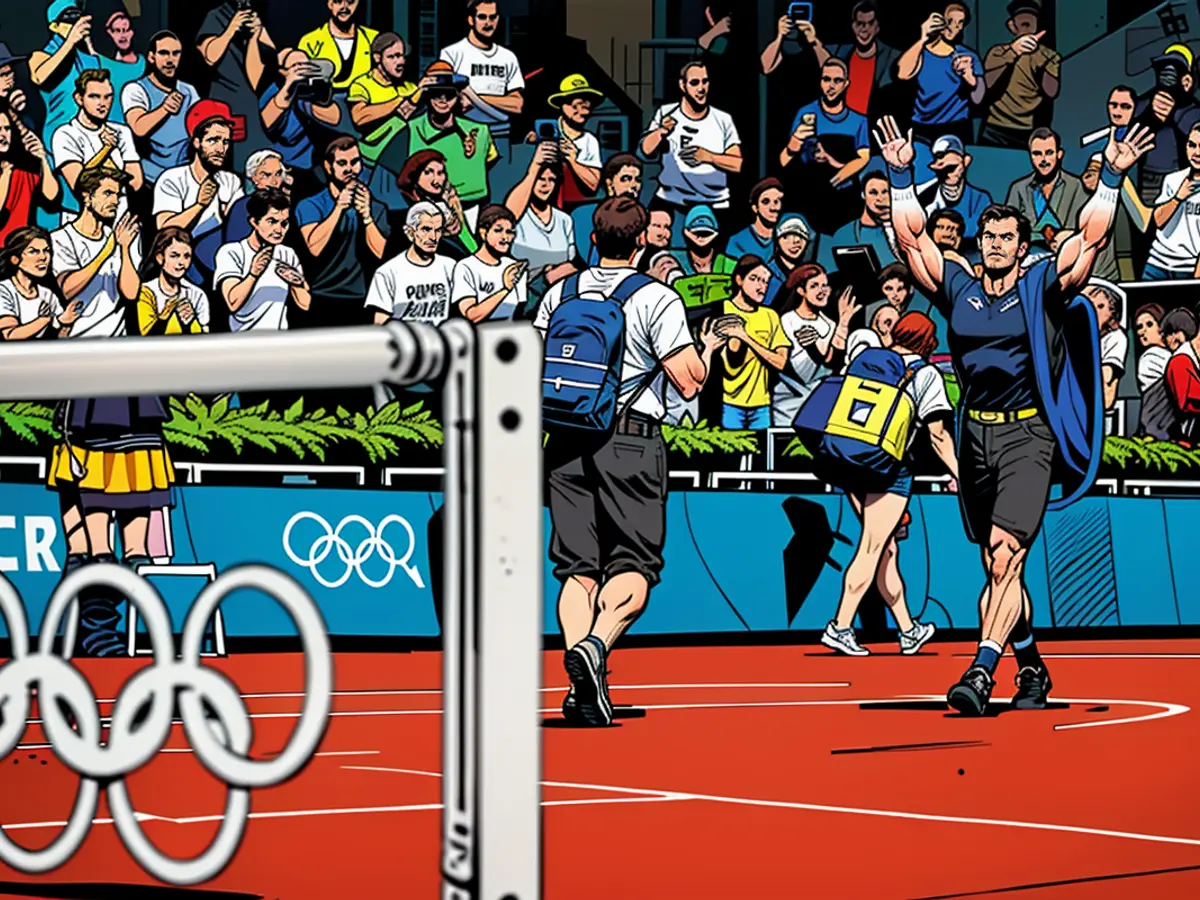Andy Murray says goodbye to tennis, like only he can
The three-time grand slam could bow out of his incredible career with yet another Olympic gold, in a tournament that has meant so much to him throughout the years.
But, as it turned out, medals were not necessary for Murray to say the perfect goodbye.
After losing in straight sets to American’s Taylor Fritz and Tommy Paul on Thursday, Murray and his British teammate Dan Evans shared an emotional embrace on court.
Despite not winning a medal, the pair had written one of the best stories of this year’s Games, twice producing logic-defying comebacks to even make it to the quarterfinal of the men’s doubles tournament.
Even though they eventually lost, the pair had momentarily threatened yet another great escape against the American duo who seemed almost apologetic for finally beating their opponents.
Murray, ever the professional, managed to keep it together initially – shaking hands at the net before starting to pack away his equipment as if nothing was different. But the fans inside Roland Garros were not going to let him off the hook.
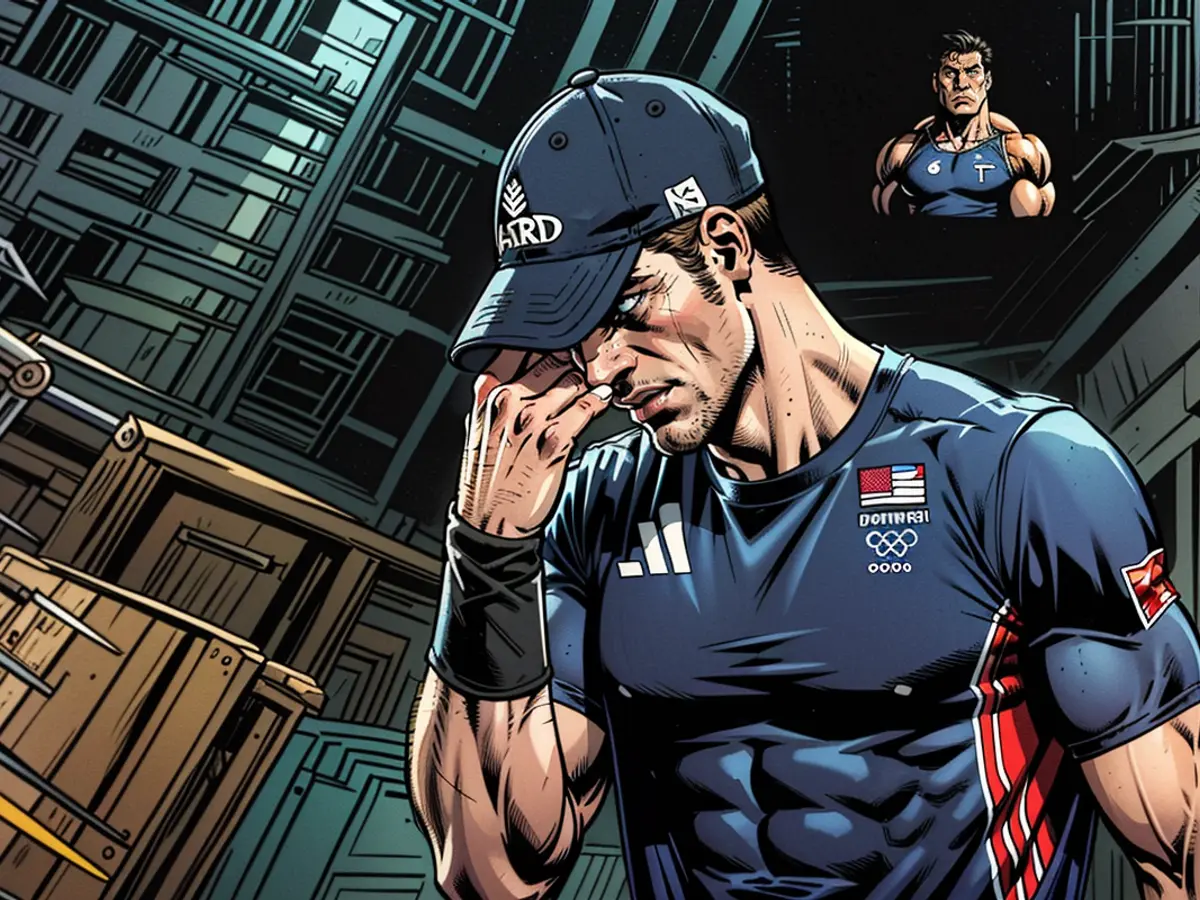
As he put away his rackets for the final time, the crowd started chanting his name and Murray couldn’t ignore them for long.
The 37-year-old started getting emotional and eventually walked out to the middle of the court with his arms aloft, tears beginning to form.
“I knew that moment was coming for the last few months. I was ready for it. I was emotional because it’s the last time I will play a competitive match,” Murray told reporters after the match.
“I am genuinely happy just now. I am glad that I got to go out here at the Olympics and finish on my terms because, at times in the last few years, that wasn’t a certainty.”
Where it all began
Many players have won more grand slams than Murray, but few have had the same impact on the game.
On court, he was a player that evoked something within those watching him; a product of hard work, talent and a willingness to chase all lost causes.
Murray admits that he was never the most talented youngster growing up and had to prove a lot of people wrong in the early days.
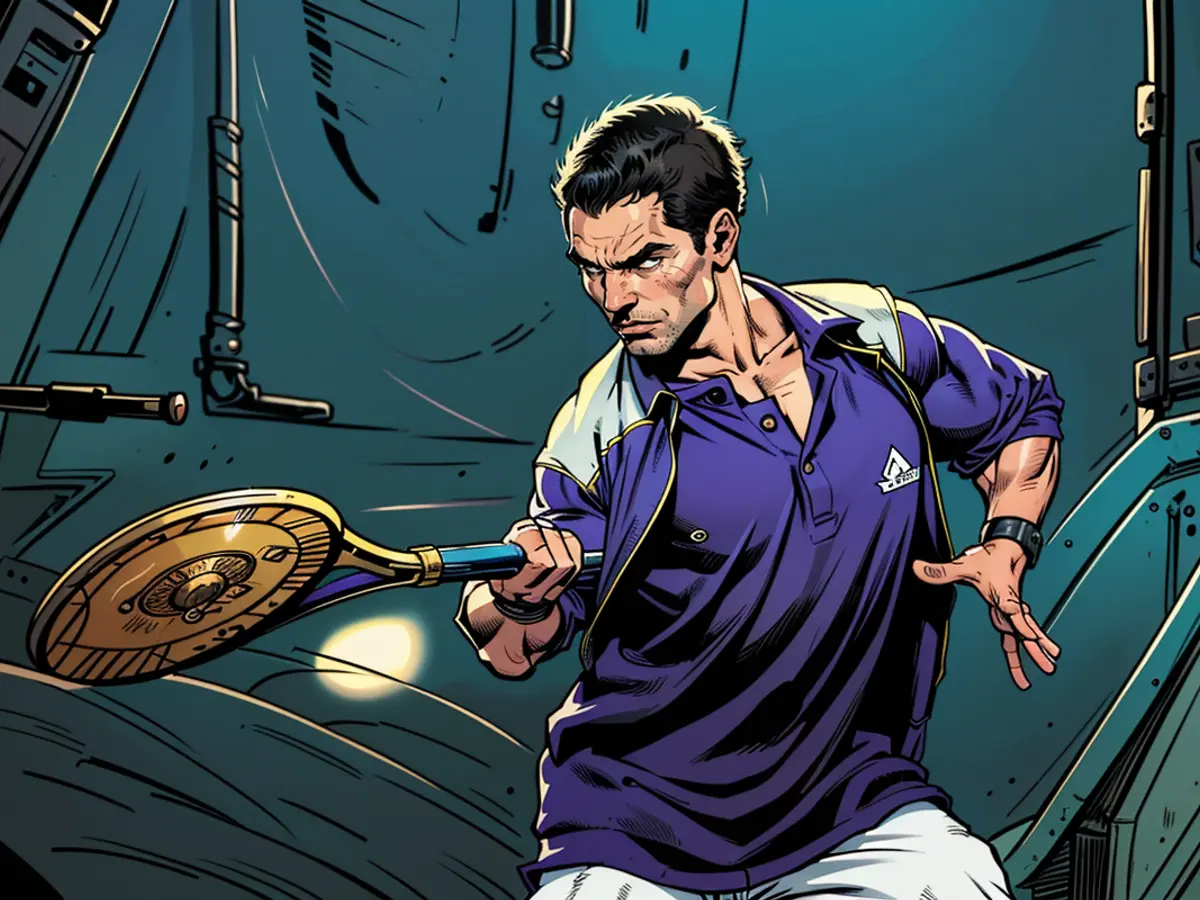
His first competition was his older brother Jamie, who became a grand-slam-winning doubles player in his own right. The pair started their careers by playing each other at the local tennis club in Dunblane, Scotland, where their mother Judy was a coach.
The trio would go on to be a shining light for Dunblane, a community scarred by a deadly shooting in 1996 in which a gunman killed 16 children and their teacher at the local primary school.
A young Murray and his brother attended the school at the time and were survivors of the massacre. Their mother had rushed to the gates that day, not knowing whether her two sons had been killed.
“It really made me want to grasp life and give my kids the best opportunities I could,” she previously said.
Murray rarely spoke about the impact the tragedy had on him, but he proudly carried the badge of being from Dunblane when his status reached superstardom.
As a teenager, after playing Rafael Nadal in a junior tournament, Murray convinced his mom to allow him to move to Spain in order to train full-time. It was an experience that accelerated his talent and he was soon making waves on the senior tour.
He officially turned pro in 2005 and burst onto the scene during his maiden Wimbledon, where the spindly teenager reached the third round before being beaten on Centre Court by David Nalbandian in five sets.
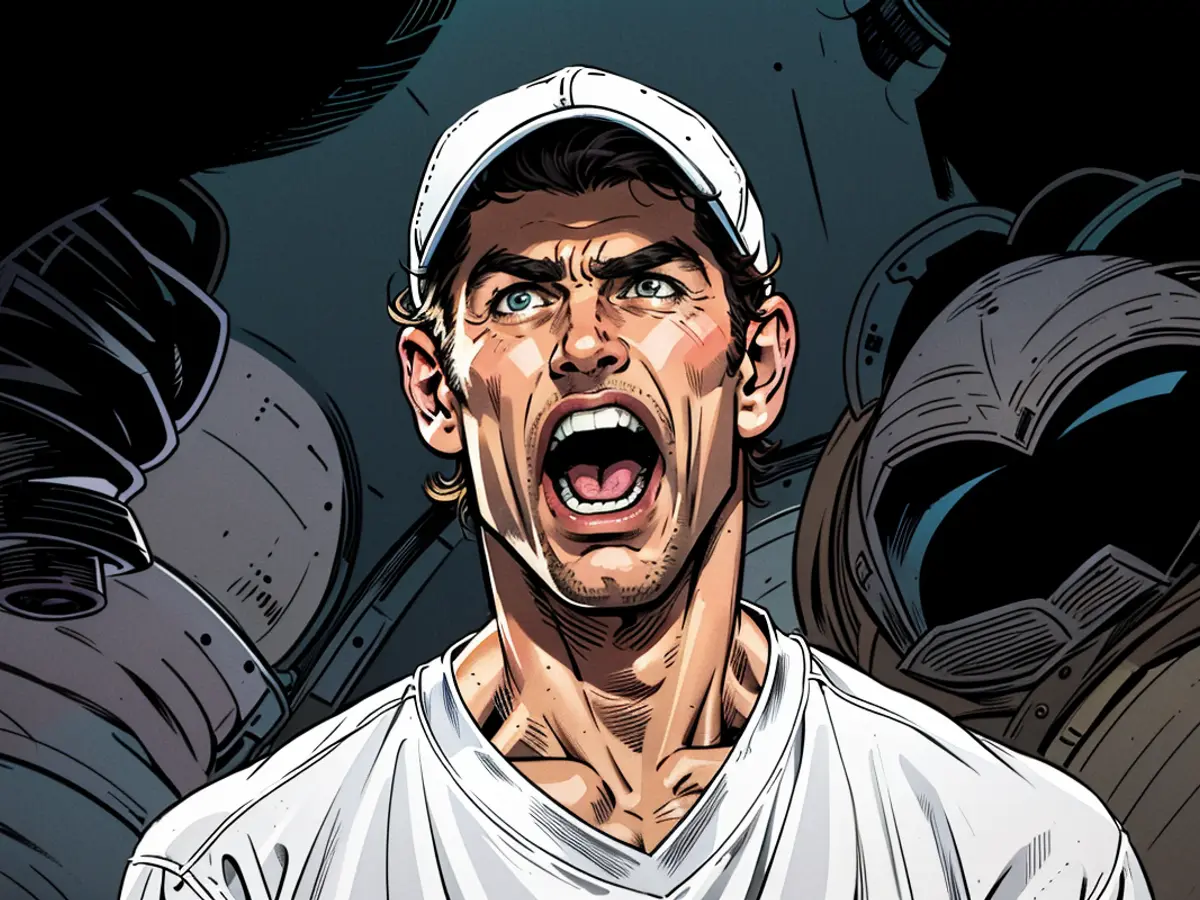
In the years that followed, Murray became a man and transformed his body into one of a world-class athlete.
After some near misses, he made his first Wimbledon final in 2012, where he lost to Roger Federer – a defeat that famously moved the British star to tears. The disappointment he felt that day might have crushed some, but Murray used it as fuel.
Finding a way to win
A month later, he was back on the same court to win a gold medal at the 2012 Games in London. He would also add a silver in the mixed doubles during those halcyon days at his home Olympics.
The success seemed to kickstart a new chapter of his career and Murray claimed his first grand slam title at the US Open later that year.
He then returned to Wimbledon in 2013 where he ended Britain’s 77-year wait for a men’s singles champion – an incredible moment now etched into the nation’s history.
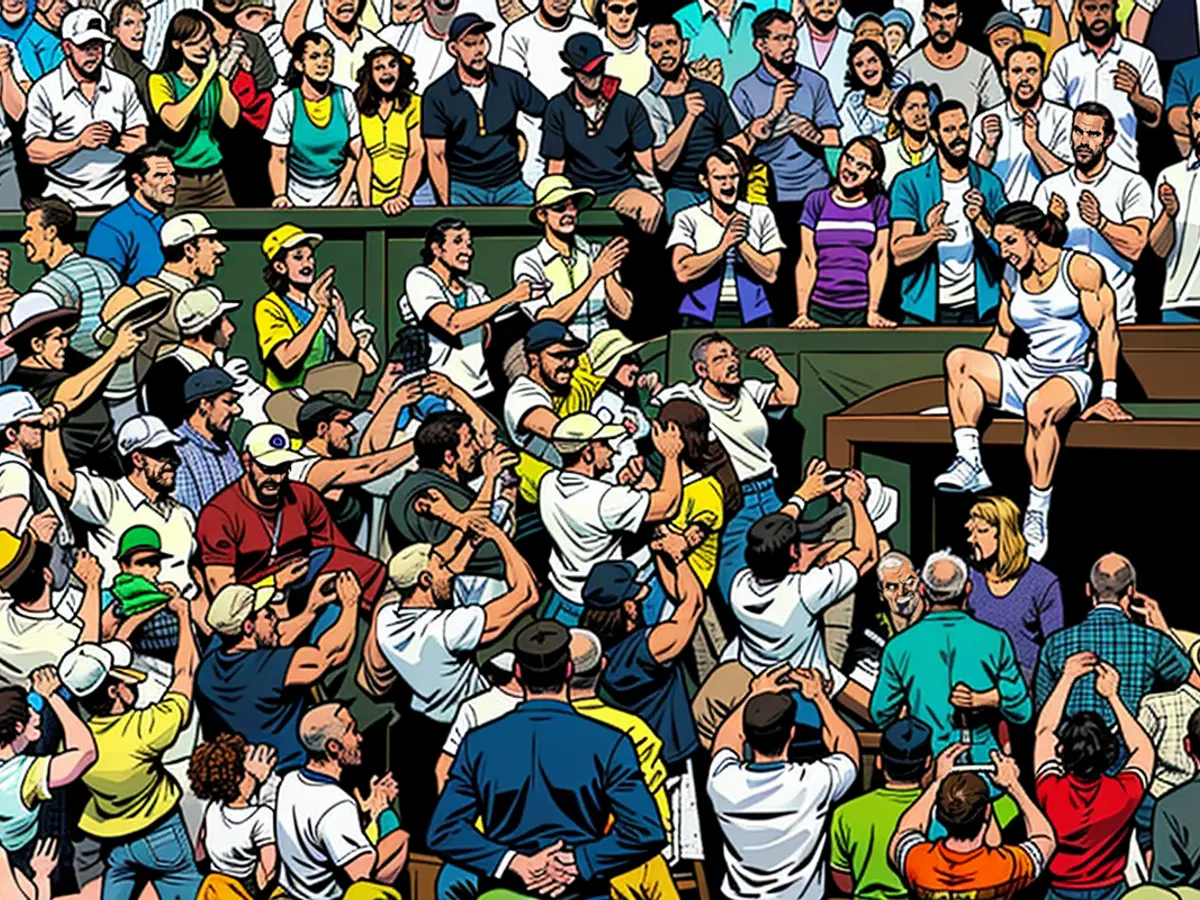
His best professional year was arguably 2016, though, where Murray won his second Wimbledon title and became the world No. 1. He also defended his singles title at the Rio Olympics.
Injuries then started to play havoc with Murray’s body and he spent multiple years in and out of action.
While those setbacks robbed Murray of the cutting edge that helped him succeed in a generation that included the likes of Federer, Nadal and Novak Djokovic, he was still able to produce some magical moments, right up until his last match.
In Paris, he and Evans saved seven match points in the first two matches of the tournament, giving his fans one last chance to cheer on their man.
“It’s been really hard. Physically, pain-wise, I feel bad,” Murray said after Thursday’s defeat.
“I can go on to the court and perform at a level that is competitive, where we are close to getting in the medal rounds here, but the pain and discomfort is not good and that is also why I am happy to be finishing.”
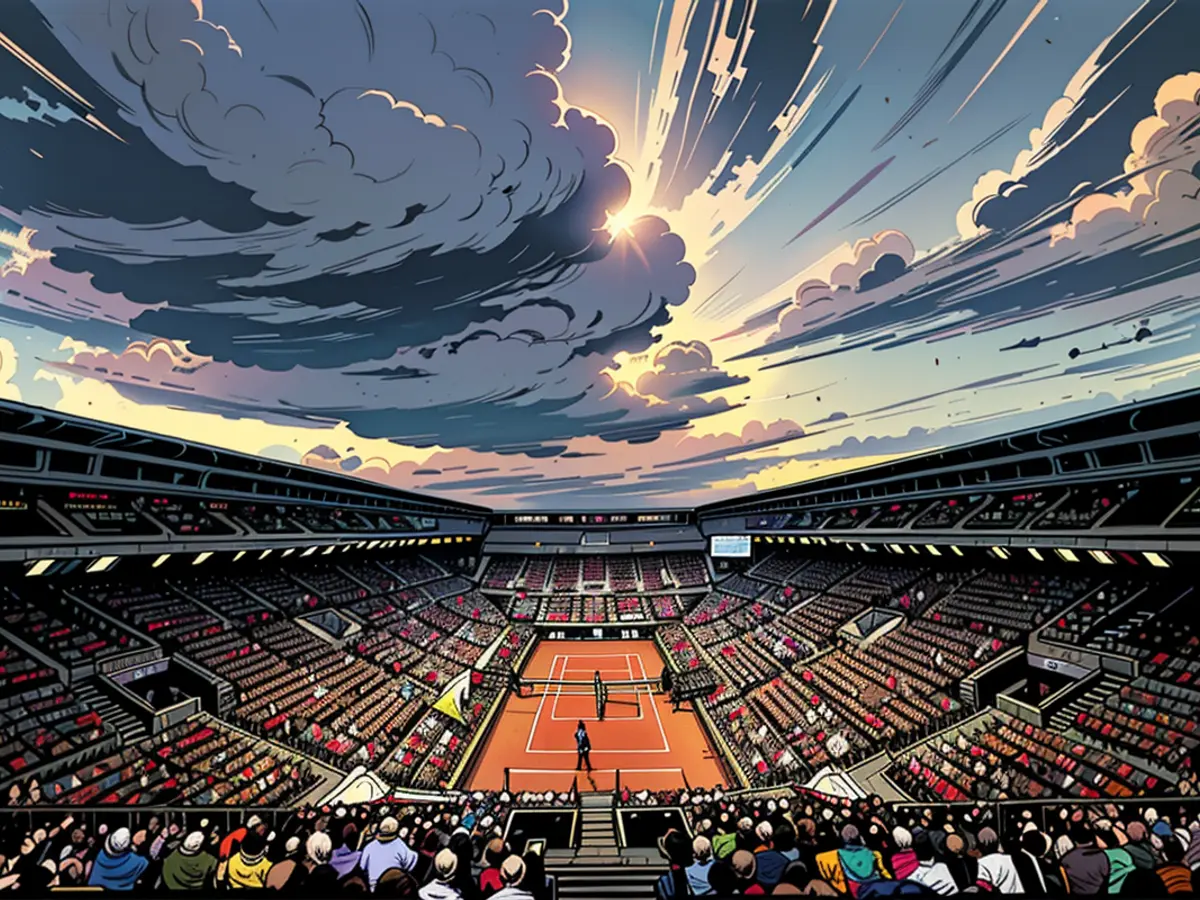
In a sport full of science and precision, Murray somehow found a way to be so human, and continued to use his platform to advocate for women’s tennis – famously correcting a reporter in 2017 who had overlooked the Williams sisters’ achievements at Wimbledon.
His relatability is partly what made him so popular, made evident from the outpouring of love that followed his final match, with social media awash with well-wishes.
Murray, who has become known for his dry sense of humor, naturally came up with the perfect message for his followers.
But Murray will clearly miss tennis and tennis will miss Murray: his dedication, his famous roar and his stoic mom who always seemed to be cheering her son on from the stands.
But the sport won’t forget Murray in a hurry.
As he walked off court after his final match, a young boy, who would not have been born when Murray made his professional debut, rushed to the front of the stands to call his hero a “legend.”
It was testament to the mark that the man from Dunblane has left on the sport of tennis.
Despite his early setbacks in the men's doubles tournament, Murray and his partner managed to write an incredible story at the Olympics, showcasing their resilience and determination in the sport of tennis.
Inspired by his early days playing against his brother at the local tennis club in Dunblane, Scotland, Murray's love for tennis has not faded even in the face of numerous injuries and setbacks throughout his career.
